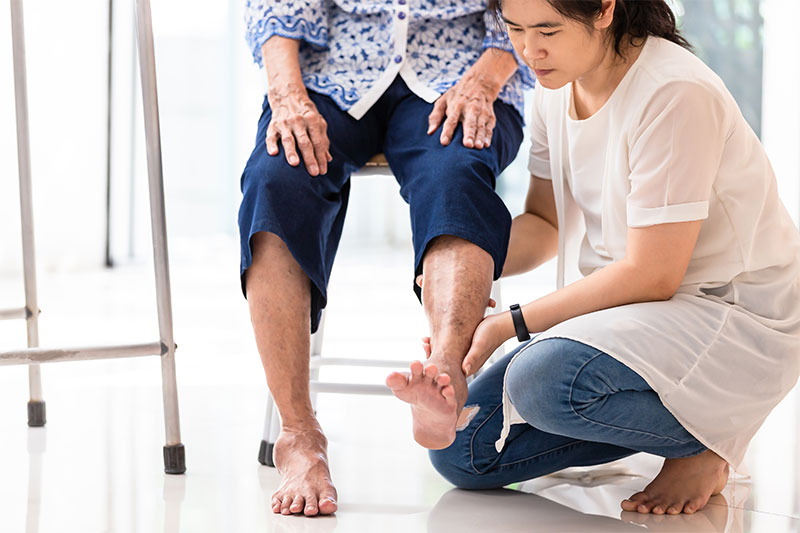
Heart disease is no joke; strokes and other heart conditions cause hundreds of deaths every day, and no one is safe from them. Of course, there are ways to prevent heart disease, especially if you take care of yourself early. Still, whenever there’s a sign that something might be wrong with you, it’s better to talk to a doctor.
Some signs of heart disease are more subtle than you think, and one is interesting, as many people suffer from it without knowing their hearts might be at risk. Here’s what you need to know.
Clotted arteries, more dangerous than you think.
As you know, an unhealthy diet with lots of trans fats can obstruct your arteries, and that can lead to many heart-related issues, including strokes. The thing is, no artery is safe from being blocked. Sometimes, the vital arteries that irrigate your legs get clotted as well.
Yes. If your legs are cold too often, maybe they’re not getting enough blood, and that’s dangerous! The condition is called peripheral artery disease or PAD, and it means that your legs don’t receive enough blood, causing pain, debilitated limbs and cold.
Symptoms of peripheral artery disease
If you’re unsure if you have clotted arteries running through your legs, see if you experience one of these common symptoms.
- Cramps and pain in hips, thighs and calves.
- Numbness and weakness, especially after performing simple physical activities.
- Coldness and impaired sensibility on your legs and feet.
- Slow-growing toenails.
It comes without saying arteries don’t become obstructed in a day. If you eat unhealthy food, smoke and don’t exercise, the risk of blocked arteries is higher. Chances are you’ve been accumulating fat in your circulatory system for some years now, and hypertension or high blood pressure and chronic inflammation don’t help either.
How to prevent peripheral artery disease?
How to prevent peripheral artery disease?For starters, stop eating fast food and other processed food high in unhealthy fat. Also, you want to exercise often since exercising makes your heart stronger and can help reduce some of the obstructions in veins and arteries. Quit smoking, don’t overeat sugar and simple carbs, and check yourself regularly.
Complications of this unfortunate condition include strokes and limbs so affected that might require amputation, so take care of yourself! When it comes to heart and circulatory health conditions, every little effort helps, so enjoy good habits every day.
The dangers of not paying enough attention
Sore legs and weakened limbs are common in older people, but they might not be a natural aging sign but PAD symptoms. Don’t ignore discomfort in your limbs, numbness or coldness; you might catch PAD early and treat it.
And don’t wait until you have impaired irrigation on legs and arms; act now and check yourself every six months. With a healthy diet and an active lifestyle, you can prevent and also treat cloyed arteries — don’t be part of the statistics! One in every four fatalities in the country is heart-related, and they were all totally preventable.



